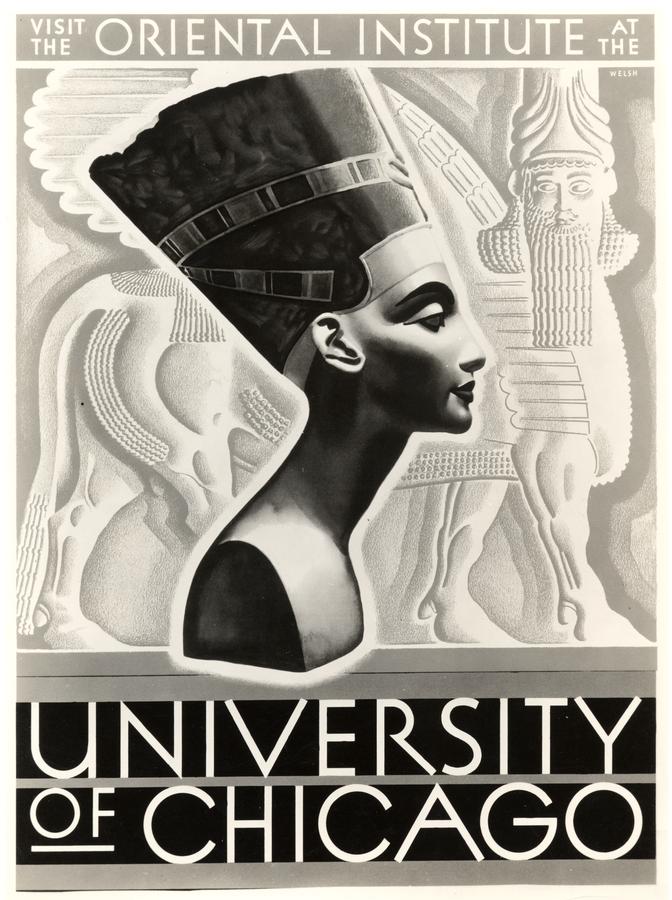History and Narrative in a Changing Society: James Henry Breasted and the Writing of Ancient Egyptian History in Early Twentieth Century America
by Ambridge, Lindsay J., Ph.D., University of Michigan, 2010, 192 pages; AAT 3441141
[If you are inside the University of Chicago domain, you will find this title here. If not, you need to search through your own institution which has a license to ProQuest, UMI Dissertations]
This study is a critical analysis of the foundational historiography of ancient Egypt, focused on the scholarship of James Henry Breasted (1865-1935), the first American professor of Egyptology. Breasted wrote prolifically and broadly during his thirty-year career. His work is a reference point from which to investigate the effects of political, cultural, and economic variables on the historical narratives of ancient Egypt during his generation. My aim is to establish the political and cultural context in which he worked, examining the degree to which the social discourse of the era influenced the interpretation of ancient Egyptian history.
Primary source material includes four of Breasted's major academic works, a selection of his shorter writings, and archival material from the Oriental Institute at the University of Chicago and the Rockefeller Archive Center. Breasted's written work has been the subject of very little critical analysis despite its long standing as fundamental scholarship in the discipline. Intending to establish a new, scientific Egyptology in America, he wrote A History of Egypt (1905) as a popular demonstration of the type of history that could be produced using his methods of meticulous textual research. I argue that his interpretation of the Egyptian past was heavily influenced by both evolutionary and diffusionist theories of social change, and he was an important disseminator of these ideas for the popular audience. From 1914 onward, Breasted's writing exhibits an increasing tendency to explicate the forces which drive civilization and to trace them to their origin; the intersecting axes of geography, chronology and race became guiding concerns of his work. Amidst early twentieth century political and social upheaval, he constructs an image of an ordered world in which imperialism, economic exploitation and industrialism were necessary to human advancement. Concern for processes of cultural evolution continues with his interpretations of ancient Egyptian religion, in which he correlates industrial development and imperial expansion with spiritual growth. His explanation of religious development is best understood when it is seen as in dialogue with his understandings of socio-economic class, environment, and morality.





 Stumble It!
Stumble It!

